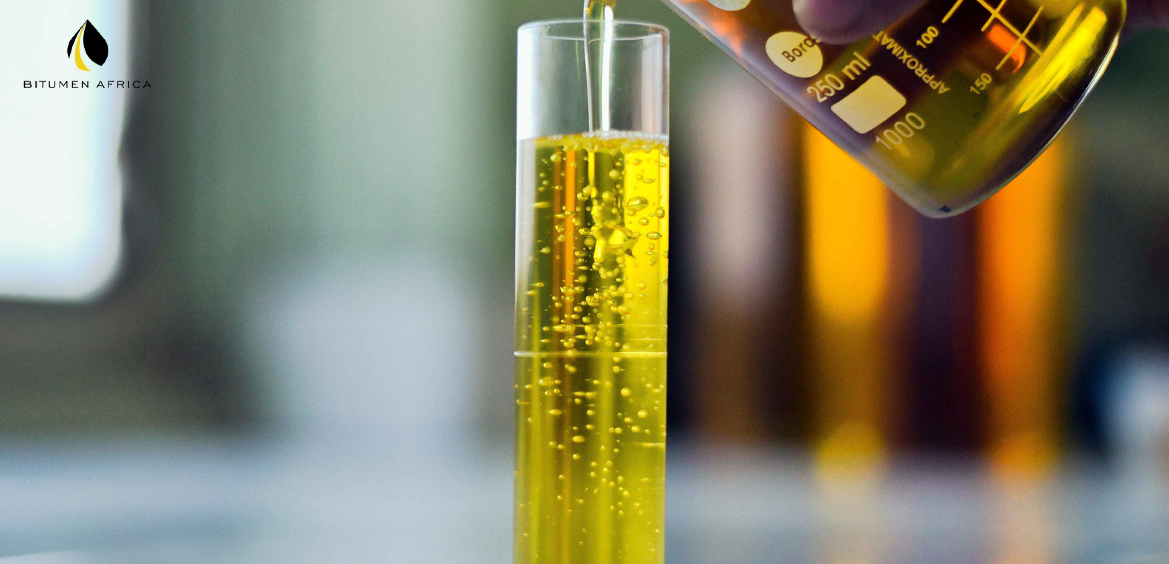In a world where resources are limited and attention to the environment is increasing day by day, base oil recycling has been proposed as a sustainable solution. Base oil, which is used as a raw material in the production of lubricants, after being used in engines and machinery, contains pollutants and impurities that need to be separated.
Recycling process
The base oil recycling process includes several steps:
- Collection and transportation: Used oil is collected from repair centers, factories, etc. and transported to recycling facilities.
- Pre-treatment: In this stage, water, fuel and some coarse impurities are separated from the oil.
- Refinement process: using methods such as distillation, acid washing, and ion exchange to remove fine impurities and improve oil quality.
- Post-refining: applying filtration, hydrotreatment and other techniques to produce high quality base oil.
Advantages of base oil recycling
- Protection of natural resources: The recycling of base oil reduces the consumption of crude oil and helps to preserve natural resources.
- Reducing environmental pollution: recycling prevents the release of used oils into the environment and reduces water and soil pollution.
- Economic savings: the base oil recycling process can reduce the costs associated with the production of new lubricants.
Challenges
However, there are also challenges, including:
- Quality assurance: maintaining high quality standards in recycled oils
Read Also: Virgin Base Oil: The Foundation of Quality Lubricants

